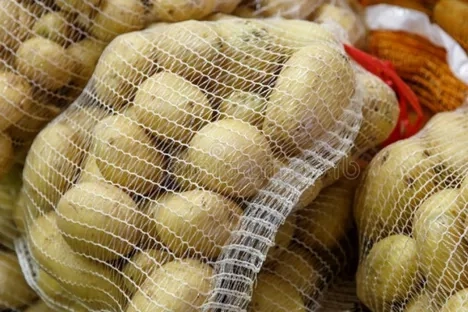Bangladesh Faces Agricultural Transformation with Potato Import Surge
Bangladesh, once a robust exporter and self-reliant in potato production, has undergone a significant agricultural shift as it now turns to importing potatoes to meet domestic demands. This transformation marks a departure from its previous status as a surplus producer, impacting its export dynamics and agricultural strategies.
In recent years, Bangladesh has witnessed a substantial increase in potato imports alongside a decline in exports. Data from the National Board of Revenue (NBR) highlights that during the 2023-24 fiscal year, the country imported 98,731 tons of potatoes, amounting to 15.7 million US dollars, while exporting only 12,352 tons, generating 3.8 million US dollars. This stark contrast underscores the pressing need for improved market management and preservation systems to bolster export capabilities and ensure competitive pricing.
The Department of Agricultural Extension (DAE) authorized the importation of 530,000 tons of potatoes for the fiscal year 2023-24, signaling a strategic shift to stabilize domestic prices amidst rising demands. Despite these imports, Bangladesh continues to maintain a robust potato production sector, yielding an estimated 10.9 million tons to meet local needs.
Simultaneously, the importation of other agricultural products like carrots, tomatoes, and green chillies has also seen a notable increase, transitioning from minimal off-season imports to substantial volumes. This strategic adjustment reflects the government’s efforts to stabilize market prices during peak demand periods.
However, the decline in potato exports—from a peak of 208,000 tons in 2020-21 to approximately 12,000 tons currently—alongside reduced export destinations and decreased cash incentives underscores the challenges faced by Bangladeshi exporters. Efforts to enhance export competitiveness and streamline agricultural policies are critical to revitalizing the country’s export potential in the global market.







